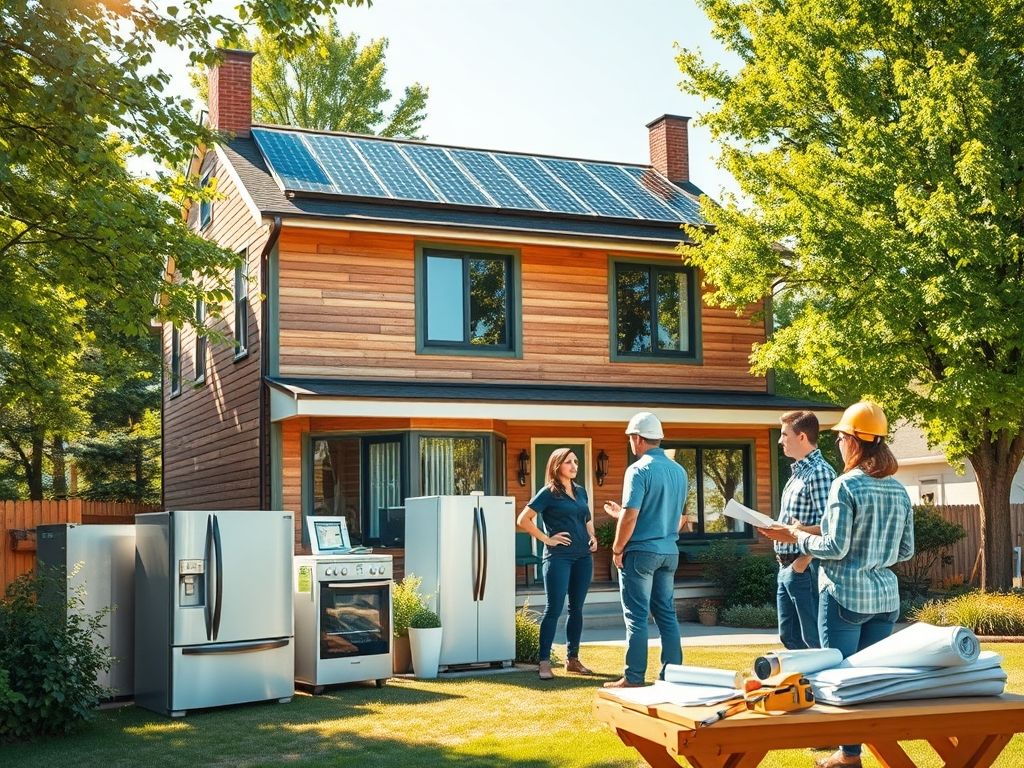What is Building Sustainability?
Building sustainability refers to the practice of designing, constructing, and operating buildings in a way that minimizes their environmental impact while maximizing energy efficiency and occupant health. In Massachusetts, where the construction industry is booming, understanding building sustainability is crucial for homeowners, real estate investors, and professional contractors.
The Importance of Building Sustainability
As climate change becomes an increasingly pressing issue, the construction industry has a significant role in reducing carbon footprints. Sustainable building practices not only help protect the environment but also provide economic advantages through energy savings and improved property values. In cities like Boston and Worcester, adopting sustainable methods can enhance the quality of life for residents while complying with state regulations aimed at reducing greenhouse gas emissions.
Key Principles of Building Sustainability
- Energy Efficiency: Utilizing energy-efficient systems and materials to reduce energy consumption.
- Water Conservation: Implementing systems that minimize water usage and promote recycling.
- Materials Selection: Choosing sustainable materials that are locally sourced and have low environmental impact.
- Indoor Environmental Quality: Ensuring healthy indoor air quality and natural lighting for occupants.
Applications of Building Sustainability in Massachusetts
Understanding how to apply building sustainability can lead to practical benefits. Here are some examples:
- Home Renovations: When renovating homes, consider using sustainable materials such as bamboo flooring or reclaimed wood. Install energy-efficient windows and insulation to enhance thermal performance.
- New Construction: For new developments, integrate renewable energy sources like solar panels. Utilize smart home technologies that optimize energy use.
- Landscaping: Implement xeriscaping techniques that reduce water consumption and promote native plants, which require less maintenance.
How to Implement Building Sustainability in Daily Life
To incorporate sustainable practices into your home or construction projects, consider the following actions:
- Conduct an energy audit to identify areas for improvement.
- Choose Energy Star-rated appliances that consume less energy.
- Engage with local contractors who specialize in sustainable building practices.
Related Concepts in Building Sustainability
Building sustainability is interconnected with several related concepts:
- Green Building: A broader term that encompasses sustainable practices in construction.
- LEED Certification: A widely recognized certification that signifies a building’s adherence to sustainability standards.
- Passive House: A building standard focused on energy efficiency and comfort.
Conclusion
Understanding what is building sustainability is essential for anyone involved in construction and home renovation in Massachusetts. By adopting sustainable practices, you can not only contribute to environmental conservation but also enhance the value and livability of your property. As you embark on your next project, consider how these principles can apply to your work or home, and take proactive steps to make a positive impact.
Reflect on the ways you can implement sustainability in your daily life and construction practices. Every small action can contribute to a greener future.







